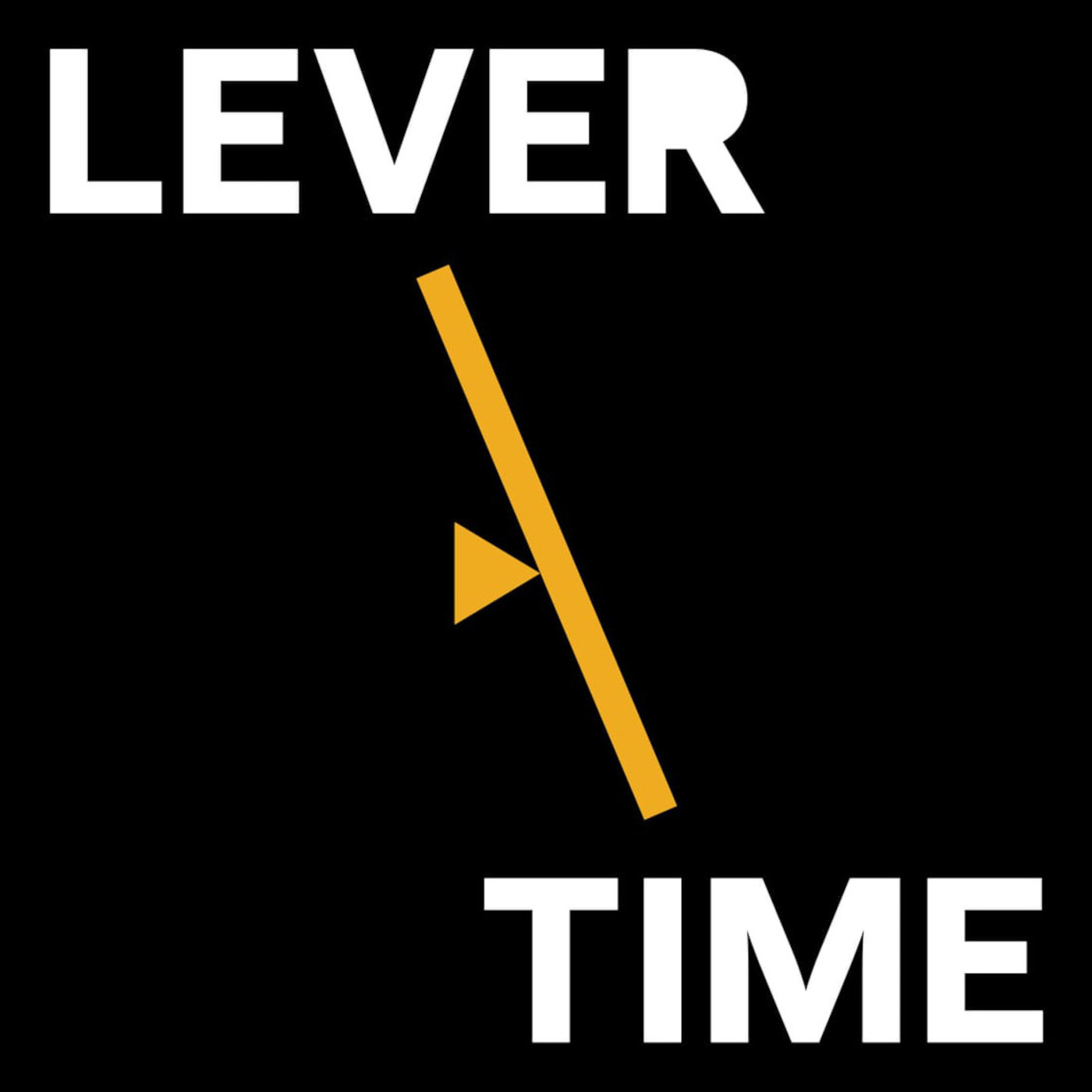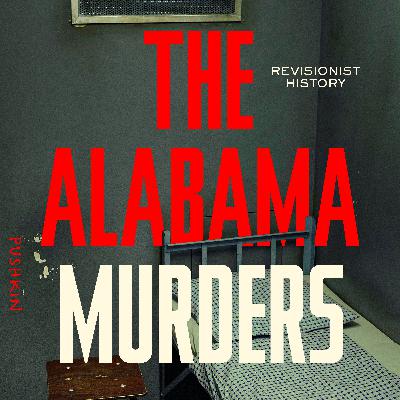
Scene on Radio
Author: Kenan Institute for Ethics at Duke University
Subscribed: 8,876Played: 219,831Description
Scene on Radio is a two-time Peabody-nominated podcast that dares to ask big, hard questions about who we are—really—and how we got this way. Our latest is Season 7, Scene on Radio: Capitalism. Previous series include Seeing White (Season 2), looking at the roots and meaning of white supremacy; MEN (Season 3), on patriarchy and its history; The Land That Never Has Been Yet (Season 4), exploring democracy in the U.S. and why we don’t have more of it; The Repair (Season 5), on the cultural roots of the climate crisis; and Season 6, Echoes of a Coup, the story of the only successful coup d'etat in U.S. history, in Wilmington, North Carolina, in 1898. Produced and hosted by John Biewen, with collaborators, Scene on Radio comes from the Kenan Institute for Ethics at Duke University.
The show is distributed by PRX.








I am so excited for this season!
🔴ALL FULL>Movies>>📺>>📱>>💻➤ Really Amazing ️You Can Try This CLICK HERE Full HD 720p 1080p 4K WATCH👉https://co.fastmovies.org ᗪOᗯᑎᒪOᗩᗪ👉https://co.fastmovies.org
Great season, but I'm kind of tired of hearing John quietly, profoundly utter a guilt ridden "yeah" with a pregnant pause when he talks with Chenjerai.
Original Sin, in my view, is knowledge; the idea that we could become like God, all-knowing and all-powerful, rulers of the Garden of Eden instead of its stewards. That is why we were cast out. Because of our arrogance. The ancient Mesopotamian civilizations ruined their land through bad agricultural practices; they were forced to migrate. I would expect a similar explanation can be found for the flood that Noah lived through.
Such A Good Episode!!!!!
missed you both! thanks for the bonus election episode!
I graduated from high school and college and never had American History broken down like this. A child would know this was wrong no matter what religion their families practiced yet our nations leaders thought it was ok. So shameful that I, a white woman, feel the guilt.
Great to hear from you again. any bonus episodes you offer between now and the next season will be heartily welcomed.
I've listen to Seeing White and The Land That Never Has Been Yet. They were both excellent and so thought provoking. Going back to listen to everything else this podcast has put out.
I’m not crying I’m cutting onions. Such a great episode.
Just finished season 2-a friend recommended it. It was worth EVERY minute! thank you!
💕💕
Fascinating. Worthwhile. Thought-provoking.
excellent show! can we please be sure NPR hears this episode? I finally had to stop listening to NPR because it felt...well fake. then 2016 election happened and I got scared and came back. By the inauguration, I had to leave again: tRump was a phony but so was NPR. just a different kind. this issue really really needs amplification. especially now.
White males feeling discriminated against still boggles the mind.
Thank you all for creating this podcast, and for packing it with the information I wish I'd learned in school. I will absolutely be listening a second time, sharing with friends & supplementing with additional material. Really appreciate everything!
Discovered this because of the recommendation to listen to Seeing White. Educational and insightful.
whoa! Silas is blowing my mind as I witness - again - how much smarter, more intuitive, honest, and impassioned our "kids" are than we often give them credit for. I'm greatly heartened to know there are teachers using this series in their lessons. wonder if there's a way to enroll American adults in this curriculum, some way to launch a vast public education project?
These podcasts should be mandatory listening for all Americans. The episodes are filled with history that we were never taught in school but that has so strongly shaped the country we have become.
Terrible podcast. The white Male journalist who makes this podcast constantly apologizing for his privileged group affiliations. When he gets to experts on prehistory his whole case for the foundation of patriarchy founders on either a simple misunderstanding or a willful misinterpretation. Yes hunter-gathers were more egalitarian in social structure, but it doesn't follow from that that they weren't patriarchal. In fact the field of anthropology agrees that all hunter-gather groups ever studied were patriachial, even while being more egalitarian in general than more populous complex societies. Agriculture is not the beginning of patriarchy, just the next step of it. One has to read the work of primatologists to get to the origins of patriarchy. Check out Barbara Smuts.